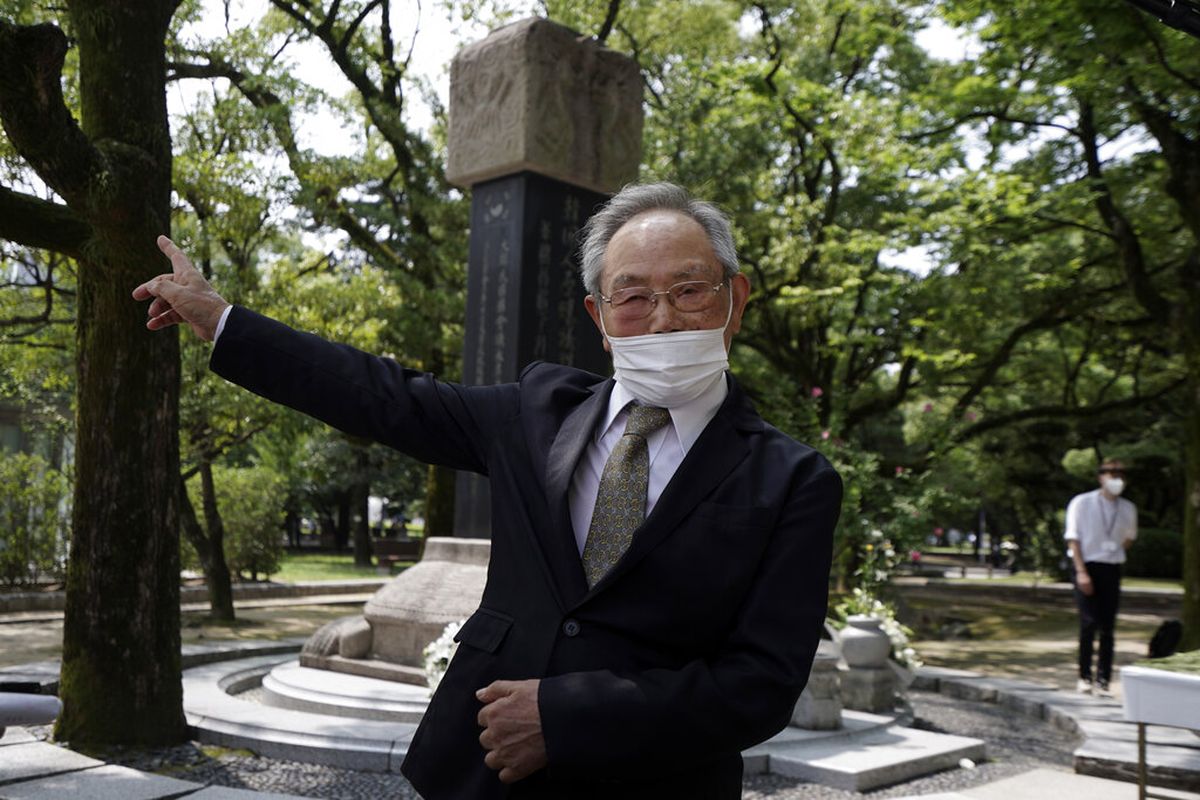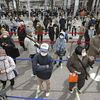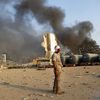Hiroshima Survivors Tell Tales of the Atomic Bomb They Want the World to Remember

HIROSHIMA, KOMPAS.com – Hiroshima survivors recall memories of the atomic bomb explosion that took place 75 years ago as if it was yesterday and now many are speaking up.
The atomic bomb dropped on Hiroshima left many killed, but also many survivors.
The majority of Hiroshima survivors lived their lives with lingering shame, anger, and fear for decades.
In Japan, radiation sickness is viewed as infectious or hereditary thus many hid their status as survivors.
There were some who harbored thoughts of revenge in their hearts. Others watched their loved ones die, one by one, from radiation from the bombing, and wondered – Am I next?
As they grow old — their average age is 83 — many now feel an extreme urgency. They are desperate to rid the world of nuclear bombs and share with the young the first-hand horror they witnessed on Aug. 6, 1945.
Here are some of the stories of survivors interviewed by The Associated Press.
___
Koko Kondo, 75
Koko Kondo had a secret mission as a girl: Revenge.
She was determined to find the person who dropped the atomic bomb on Hiroshima, the person that caused the suffering and the terrible burns she saw on the faces of girls at her father’s church — and then square off and punch them in the face.
She got her chance in 1955.
Ten-year-old Kondo appeared on an American TV show called “This is Your Life” that was featuring her father, Rev. Kiyoshi Tanimoto, one of six survivors profiled in John Hersey’s book “Hiroshima.”
Kondo stared in hatred at another guest: Capt. Robert Lewis, co-pilot of the B-29 bomber Enola Gay that dropped the bomb.
While Kondo, who survived the bombing as an infant, was wondering if she would act on her fantasy and punch him, the host asked Lewis how he felt after dropping the bomb.
“Looking down from thousands of feet over Hiroshima, all I could think of was, ‘God, what have we done?’” he said.
Kondo saw tears well in Lewis' eyes, and her hatred melted away.
“He was not a monster; he was just another human being. ... I knew that I should hate the war, not him,” Kondo told The Associated Press.
She said she was grateful she met Lewis because it helped the hate go away.
Still, she suffered years of humiliation. One day as an adolescent she was told to undress except for her underwear at a medical conference in an auditorium.
Now, Kondo is following in her father’s footsteps, busy telling her stories to younger people.


































